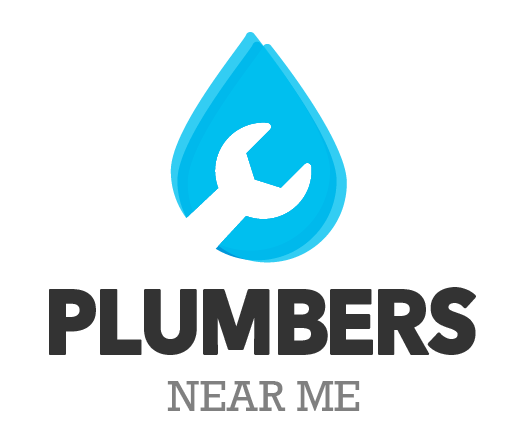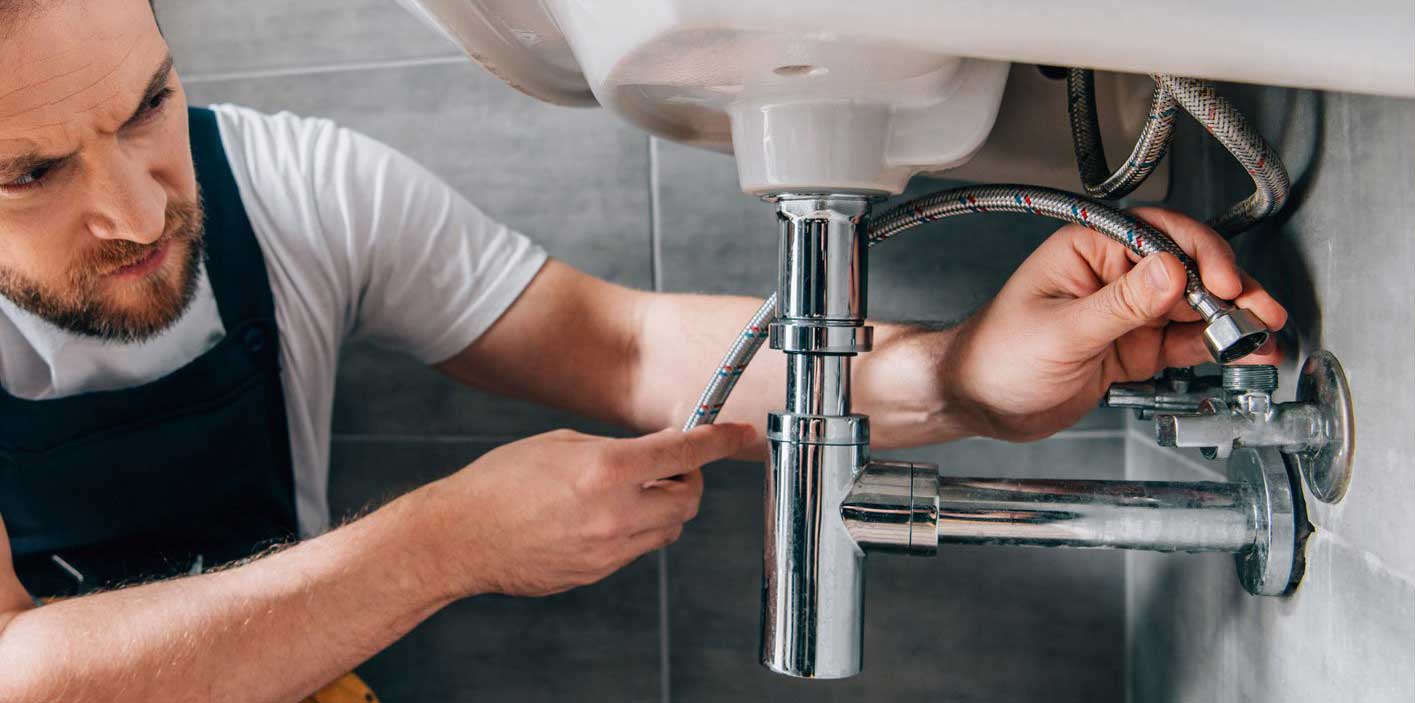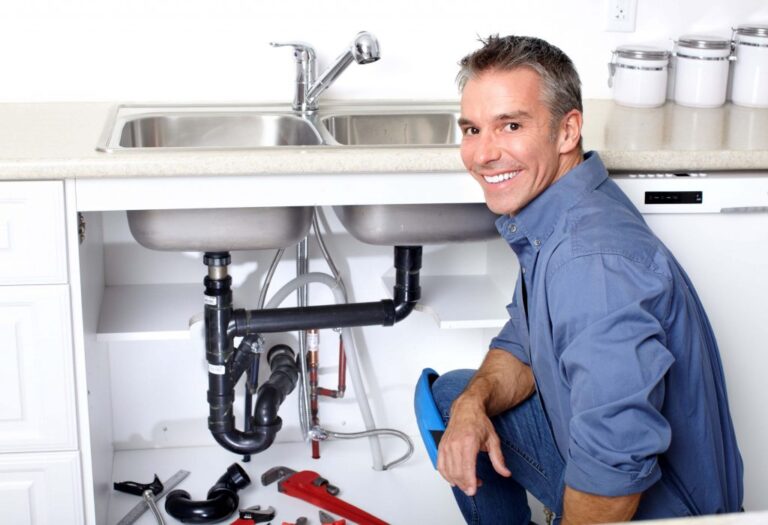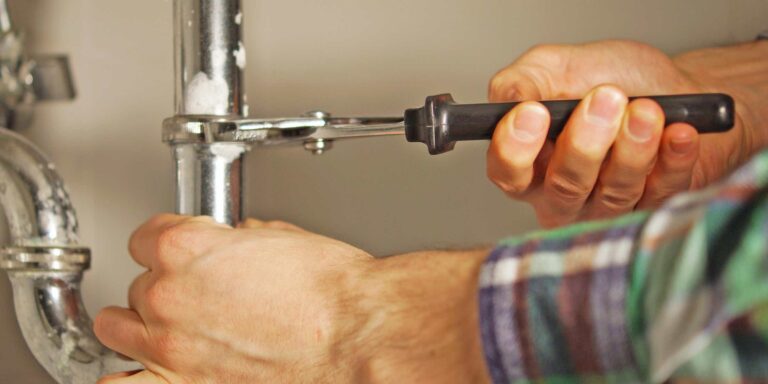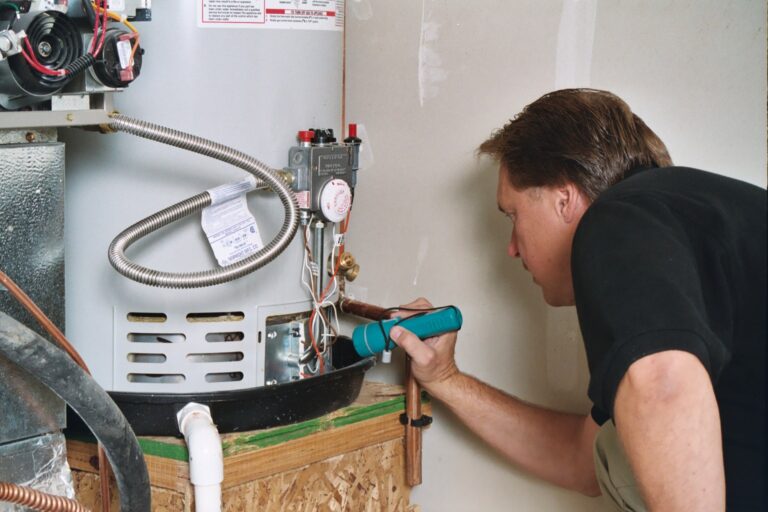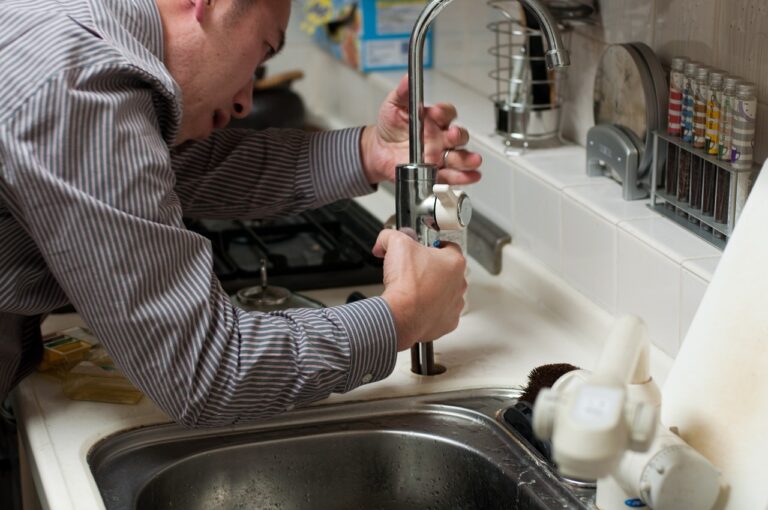Plumbing inspection tips when buying a home
When you are buying a home, you should always have a plumbing inspection done to ensure that the plumbing is in good condition. Here are some tips to keep in mind when having a plumbing inspection done:
1. Make sure that the inspector looks at all of the plumbing in the home, including the main water line, sewer line, and any other pipes.
2. Ask the inspector to check for any leaks or signs of wear and tear.
3. Make sure that the inspector test the home’s water pressure to ensure that it is adequate.
4. Ask the inspector to check the home’s septic system to ensure that it is functioning properly.
5. If there are any concerns, make sure to ask the inspector for their opinion and recommendations.
10 top tips for plumbing inspection when buying a home
1. Always get a professional home inspection: Plumbing is one of the most important systems in your home, so it’s crucial that you have a professional inspect it before you buy.
2. Check for leaks: One of the first things a professional home inspector will do is check for leaks in the plumbing system. If there are any leaks, have them repaired before you move in.
3. Check the water pressure: Another important thing to check is the water pressure. Make sure it’s adequate for your needs.
4. Check the water heater: The water heater is an important part of the plumbing system, so make sure it’s in good working condition.
5. Inspect the pipes: Take a look at the pipes and make sure they’re in good condition. Check for any signs of leaks or damage.
6. Check the drains: Clogged drains can be a major problem, so it’s important to make sure they’re clear before you move in.
7. Check the toilets: Toilets are another important part of the plumbing system, so make sure they’re in good working condition.
8. Inspect the septic system: If the home has a septic system, make sure it’s in good working order.
9. Check for mold: Mold can be a serious problem in any home, so be sure to check for it before you move in.
10. Have a professional plumber inspect the home: Once you’ve done all of the above, it’s a good idea to have a professional plumber inspect the home before you finalize the purchase. This will give you peace of mind knowing that the plumbing system is in good working order.
10 things to look for during a plumbing inspection when buying a home
1. Check for any obvious signs of water damage. This could be water stains on the walls or ceiling, or pooling water around the base of the home.
2. Inspect the condition of all visible plumbing fixtures. Make sure there are no cracks or leaks in any of the pipes, and that all of the faucets and fixtures are in good working order.
3. Turn on all the taps in the house to check the water pressure. It should be consistent throughout the entire house.
4. Flush all the toilets to check for proper drainage.
5. Run the dishwasher and washing machine to check that the drains are working properly.
6. Check the water heater to ensure it is properly vented and functioning correctly.
7. Have a professional plumber inspect the entire system for any hidden leaks or potential problems.
8. Make sure the home’s sewer line is in good working order by having it inspected by a professional.
9. Ask the seller for copies of any recent plumbing inspections or repairs. 10. Keep in mind that most homes will need some minor plumbing repairs at some point. Be prepared to budget for these types of repairs when considering buying a home.
10 key considerations for plumbing inspection when buying a home
Purchasing a home is a huge investment. Before signing on the dotted line, it’s important to have a plumbing inspection done by a professional. Here are 10 key considerations:
1. Check for leaks. Leaks can be an indication of bigger problems, so it’s important to have them fixed as soon as possible.
2. Make sure all fixtures are in good working order. This includes sinks, toilets, showers, and tubs.
3. Inspect the water heater. This is one appliance that you don’t want to have to replace soon after buying a home.
4. Take a look at the drains. Clogged or slow-moving drains can be a major inconvenience.
5. Check the sewer lines. A blocked sewer line can lead to serious health hazards.
6. Be sure there is adequate ventilation. This is especially important in the kitchen and bathroom.
7. Test the water pressure. Low water pressure can be a major annoyance.
8. Inspect the gas lines. These should be checked for leaks and corrosion.
9. Take a look at the overall condition of the plumbing system. This includes pipes, fittings, and fixtures.
10. Hire a qualified professional to do the inspection. This is the best way to ensure that everything is in good working order.
10 critical factors for plumbing inspection when buying a home
1. Location of the main water shut-off valve: You should know where the main water shut-off valve is located in case of a plumbing emergency. If the valve is hidden or difficult to reach, it could be a problem later on.
2. Water pressure: Check the water pressure in all the faucets and showers. Ideally, it should be between 40 and 60 psi. If the pressure is too high or low, it could be an indication of a bigger problem.
3. Leaks: Even a small leak can cause big problems down the road. Be sure to check all the faucets, pipes, and appliances for any signs of leaks.
4. Hot water temperature: The water heater should be set to 120 degrees Fahrenheit to avoid scalding.
5. Sewer lines: Check the sewer lines for any signs of leaks, cracking, or blockages. This is especially important if the home is connected to a septic tank.
6. Ventilation: All the plumbing fixtures should be properly ventilated to avoid sewer gas from building up inside the home.
7. Drains: All the drains should be clear and free-flowing. Clogged or slow drains can be a sign of a bigger problem.
8. Water heater: The water heater should be properly sized for the home and have all the required safety features.
9. Gas lines: Check all the gas lines for any signs of leaks. If the home has a natural gas line, be sure to have it inspected by a qualified professional. 10. Sump pump: If the home has a sump pump, be sure to test it to ensure it is working properly.
10 major points for plumbing inspection when buying a home
1. Check the water pressure – this will give you an indication of the condition of the pipes.
2. Look for any water leaks, both inside and outside the property.
3. Inspect the condition of all visible piping, including under sinks and in the basement or crawl space.
4. Check the flush of all toilets and drains to ensure they are functioning properly.
5. Confirm that there is proper ventilation for all plumbing fixtures. 6. Find out where the main water shut-off valve is located and test it to make sure it works.
7. Make sure the hot water heater is the correct size for the home and in good working condition.
8. Inspect the sump pump and ensure it is properly vented.
9. Take a look at the septic system (if applicable) to check for any potential problems.
10. If you are still unsure, consider hiring a professional plumber to do a complete inspection.
10 essential tips for plumbing inspection when buying a home
1. Always have a professional inspect the plumbing when considering purchasing a home. They will be able to identify any potential problems that could end up costing you a lot of money down the line.
2. Make sure to check for leaks in all visible pipes. Even a small leak can indicate a much larger problem.
3. Be sure to ask about the condition of the home’s sewer lines. If they are in bad shape, it could end up costing you a lot of money to have them repaired or replaced.
4. Another important item to check is the water pressure. If it is too low, it could be an indication of a problem with the water lines.
5. Always make sure to check for signs of mold or mildew. This can be a serious problem, especially if you have allergies.
6. Be sure to have the home’s septic system inspected. This is an important part of the home’s plumbing and should not be ignored.
7. Make sure to ask about the history of the home’s plumbing. If there have been past problems, you will want to know about them before making a purchase.
8. Always have a professional plumber inspect the home’s plumbing before you close on the sale. This will give you peace of mind and could save you a lot of money in the long run.
9. Make sure you understand the home’s warranty on the plumbing. This will protect you in case of any future problems.
10. Keep these tips in mind and always have a professional inspect the plumbing when buying a home. It could save you a lot of money and headaches in the long run.
